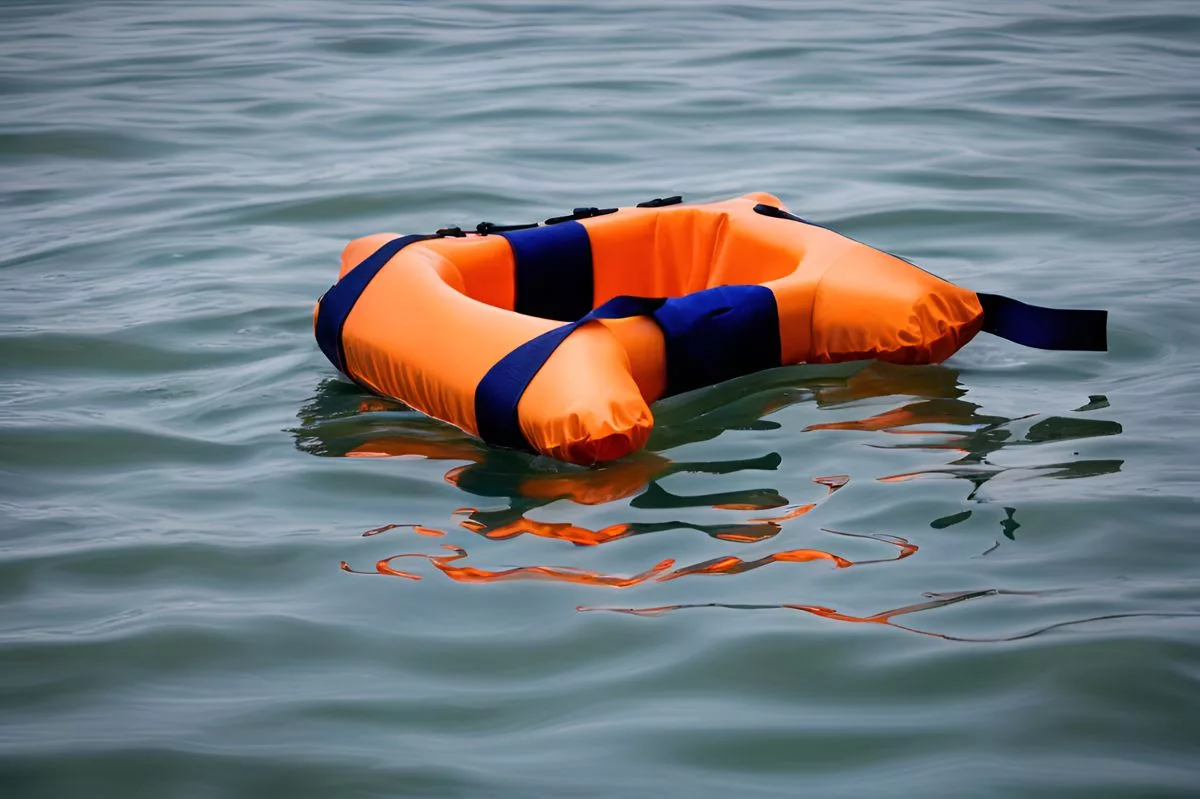A transgender discrimination case has emerged in Somerset West, South Africa, which is now being heard in the Equality Court. The school requested that the 8-year-old boy wear unisex swimwear rather than boys’ swimwear and also contested his use of the boys’ bathroom. The parents are seeking R100,000 and an apology from the school, who they claim caused their son emotional, physical, and psychological distress, leading to the family moving to Switzerland.
Alleged transgender discrimination at a Somerset West elementary school has led to a trial at the Equality Court. The school demanded that an 8-year-old student wear ‘unisex swimwear that covers the upper part of the body’, as opposed to the boys’ swimwear he preferred, and the use of bathrooms also became a contested issue. The parents are demanding R100 000 for discrimination and an apology from the school and its representatives. The family relocated to Switzerland due to the stress caused by the situation.
In the scenic community of Somerset West, a reported case of transgender discrimination has disrupted the peaceful atmosphere, leading to a trial at the Equality Court. Central to this contentious saga is a local elementary school, a young transgender boy, and his worried parents who have bravely decided to file a lawsuit against the school, demanding R100 000 for discrimination.
The Triggering Incident
The story started to unravel when the school, seemingly worried about possible ‘social discomfort’, demanded that the 8-year-old boy wear ‘unisex swimwear that covers the upper part of the body’, as opposed to the boys’ swimwear he preferred. However, the swimwear issue wasn’t the singular cause of conflict. The use of bathrooms for the young boy became a hotly contested issue, igniting a chain of events that eventually led to the family relocating to Switzerland.
The parents’ plea to the Equality Court aims to make amendments to both the Constitution and the Promotion of Equality and Prevention of Unfair Discrimination Act (PEPUDA) to include ‘gender identity and gender expression.’ They are insisting on a sincere apology from the school and its representatives. The R100 000 they are demanding is meant to compensate for the ‘damage to their son’s dignity and his emotional, physical and psychological distress.’
Interestingly, the school initially accepted the boy’s gender identity, but this acceptance was soon followed by limitations and distinction. The father has claimed that the school’s actions were the primary catalyst for the decision to withdraw their son from the school and eventually, the country.
The Impact of Discrimination
Revisiting her ordeal, the mother shared that her son, once a cheerful student, began to resist going to school after the alleged discrimination occurred. He started experiencing disturbed sleep, frequent outbursts, and recurrent nightmares. He was threatened with disciplinary action for attempting to use the boys’ bathroom, a situation so stressful that he avoided using the school toilets altogether, which resulted in a urinary tract infection.
In an effort to resolve the issue, the parents initiated discussions with the provincial education department, the SA Human Rights Commission, and the Commission for Gender Equality. Unfortunately, no solution was reached. The family’s financial limitations rendered moving the child to a nearby inclusive private school an impossible option. The mother voiced criticism of the lack of national and provincial gender inclusivity policies, arguing that they further aggravated the situation.
The Aftermath and Ongoing Battle
The family’s decision to relocate to Switzerland was an extreme step taken to ensure that the child could freely express his gender identity without fearing ‘harassment and intimidation’, as reported by News24.
People responding to the case noted that the parents’ pursuit of declaratory relief may be irrelevant given the boy’s exit from the school. However, they agreed that an apology could positively affect the child, regardless of where he now resides.
Philip de Bruyn, the chairperson of the governing body, argued that the school initially attempted to accommodate the applicants, but ultimately, it was no longer sustainable. He insisted that this issue extends beyond just one child or one school, underlining that it is a public policy concern that needs immediate attention and action.
This case, with its various aspects and implications, highlights the continuous challenges and struggles endured by transgender individuals, even within the sphere of education, which should be a safe, inclusive environment for all children. It urges introspection, policy reform, and a wider societal understanding of gender identity and gender expression.
What is the transgender discrimination case in Somerset West?
A transgender discrimination case has arisen in Somerset West, South Africa, with an 8-year-old boy being asked to wear unisex swimwear instead of boys’ swimwear and the school contesting his use of the boys’ bathroom.
What are the parents seeking in the lawsuit?
The parents are seeking R100,000 and an apology from the school, who they claim caused their son emotional, physical, and psychological distress, leading to the family moving to Switzerland.
What amendments do the parents want to make to the Constitution and PEPUDA?
The parents want to make amendments to both the Constitution and the Promotion of Equality and Prevention of Unfair Discrimination Act (PEPUDA) to include ‘gender identity and gender expression.’
What was the impact of discrimination on the child?
The child began to resist going to school after the alleged discrimination occurred, experiencing disturbed sleep, frequent outbursts, and recurrent nightmares. He was also threatened with disciplinary action for attempting to use the boys’ bathroom, leading to a urinary tract infection.
Why did the family move to Switzerland?
The family’s decision to relocate to Switzerland was an extreme step taken to ensure that the child could freely express his gender identity without fearing ‘harassment and intimidation’.
Why is this case significant?
This case highlights the continuous challenges and struggles endured by transgender individuals, even within the sphere of education, which should be a safe, inclusive environment for all children. It urges introspection, policy reform, and a wider societal understanding of gender identity and gender expression.








